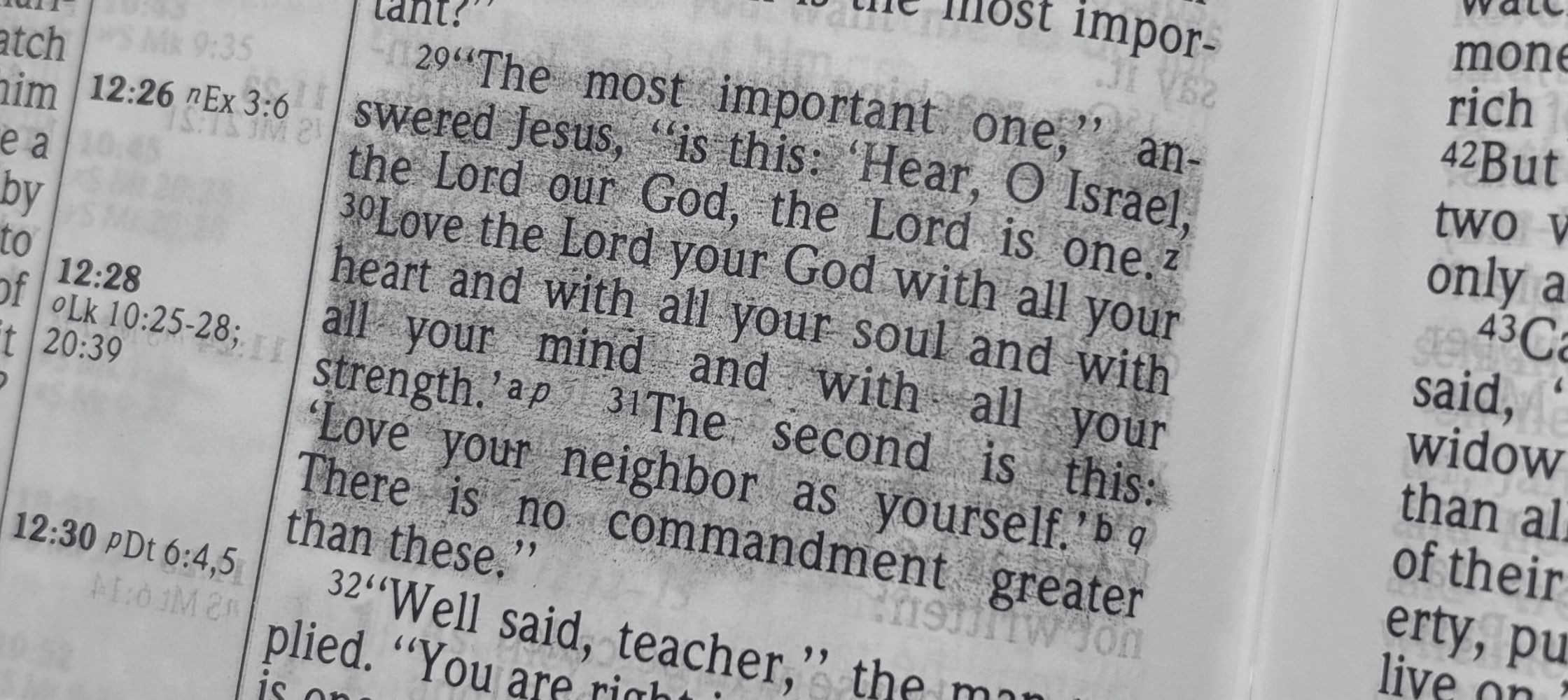Thank you! Your submission has been received!
Oops! Something went wrong while submitting the form.

By: Robert E. Zink
August 28, 2022
It happened one muggy afternoon in Venezuela while sharing the gospel door-to-door. Invited into one man's home, we began a discussion, and when we arrived at the point of sin, we asked, "Are you a sinner?" His response? "No. I am not a sinner." This was a first for me. I had never had anyone tell me they weren't a sinner.
And so, my co-laborer and I began to ask a series of questions. Questions such as, "Have you ever stolen?" or "Have you ever lied?" This man was close to sainthood, having never done any of that. And then we made a discovery: this man had murdered another human being.
We never heard the story, so I’m not sure why he didn’t consider this a sin. What I do know is that once we established this as a sin, it transformed our conversation. It was like the hinge of a door, swinging it wide open to the rest of the gospel message.
In preparation for a 9-month series I will be doing at our church on evangelism, I've immersed myself in a deluge of books. One of those books reaffirmed a lesson I learned that day in Venezuela: when sharing the gospel, we must not assume that the sinner we speak to knows that they are a sinner.
This may seem like an obvious point, but consider how often you may talk with someone without ever clarifying what you mean by "sin." It's an easy habit, especially as we are surrounded more frequently by believers; we use the language we are comfortable with, expecting those around us to understand. Yet, when we move from speaking to believers to unbelievers, our language sometimes needs to reflect that transition as well.
The heart attitude of sinners adds further complications. Our natural inclination is to avoid the consequences of sin (even when we don’t avoid the sin itself). And so, when we try to witness, we often see three responses:
Those three responses are popular, so no doubt you’ve encountered them yourself (and maybe even used them a time or two).
Establishing the reality of sin is crucial to sharing the gospel. Without sin, we do not understand our need for a Savior. Only when we understand the severity of our transgressions are we softened to our deficiency in sin’s atonement and the necessity of Christ to become our means of justification.
We live in an era when sin is being redefined and denied. Because of those attitudes, we cannot assume that every person knows that they are a sinner. It means we have to define sin (and do so biblically). It means giving examples of people like David, Solomon, Mary, Peter . . . and even ourselves. And so, one of the first steps you can take when sharing God’s message of redemption: don’t conclude that any individual already knows they exist in a state of sin.
